Religion: Judaism-Orthodox
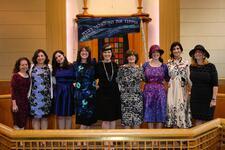
Yeshivat Maharat
Founded by Rabba Sara Hurwitz and Rabbi Avi Weiss, Yeshivat Maharat is the first Orthodox rabbinical school to ordain women. Building upon expanding education and ritual roles for Orthodox women in America that began in the late twentieth century, themselves outgrowths of American feminism, as of 2021 Yeshivat Maharat had graduated over forty women who powerfully impact Orthodox and wider Jewish communities all over the world.
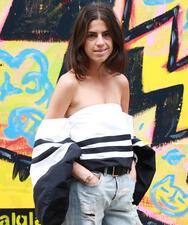
Leandra Medine
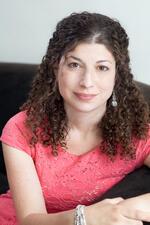
Tova Mirvis
Mizrahi Feminism in Israel
Mizrahi feminism goes beyond the typical western scope of feminism to include the history and issues that concern women in the Middle East in Israel and in Arab and Muslim countries. An intersectional feminism, it is particularly sensitive to issues of race, class division, immigration, and ethnic discrimination.

Lily Montagu
Lilian Helen Montagu was a British social worker, a magistrate in the London juvenile courts, suffragist, writer, religious organizer, and spiritual leader who founded and long remained the driving force behind the Liberal Jewish movement in England.
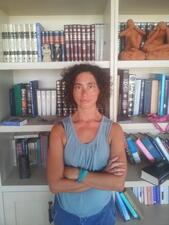
Haviva Ner-David
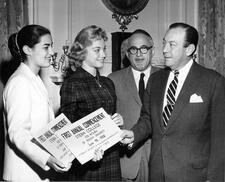
Orthodox Judaism in the United States
Orthodox views on the roles women may play in their communities’ religious, educational, and social life have reflected the range of attitudes that religious group has harbored toward American society. Generally, those Orthodox Jews who have resisted American culture have not countenanced the active participation of women within the synagogue. For other Orthodox Jews, the opening of synagogue life to greater women’s participation, within what they see as the expansive boundaries of halakhah, is but another dimension of their accommodating approach to their encounter with America.
Partnership Minyan
The Partnership Minyan is an Orthodox feminist prayer service that seeks to maximize women’s involvement in prayers while adhering to Jewish law, or halakha, by placing the bima (podium) in the middle and allowing women to lead select sections, although women do not count as part of the quorum of ten men. There are currently over 80 Partnership Minyanim around the world.
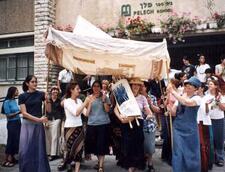
Pelech Religious Experimental High School for Girls, Jerusalem
Pelech is a pioneering school for girls in Jerusalem. For over half a century, Pelech has sought to educate its students towards a love and understanding of Torah. It encourage its students to take part in leadership roles in the religious world and in Israeli society and promotes women’s involvement in improving social justice.
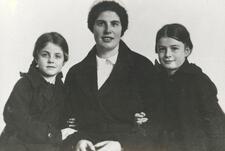
Clara Asscher Pinkhof
Clara Asscher Pinkhof dedicated her life and work to helping and advocating for Jewish children, initially as a teacher and later as an author. She is most known for her accounts of the experiences of Jewish children during the Nazi occupation.
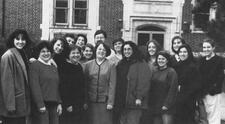
Rabbis in the United States
Since 1972, when Sally Priesand became the first woman in the world ordained by a rabbinical seminary, hundreds of women have become rabbis in the Reform, Reconstructionist, and Conservative movements. In recent years, womenhave also entered the Orthodox rabbinate, using a variety of titles, including rabbi.
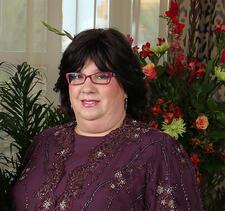
Bluma Rivkin
Nacha Rivkin
Orthodox Jewish education for women in America began with the work of Nacha Rivkin, a founder of Shulamith School for Girls, the first girls’ yeshiva in the United States. A courageous and proficient “doer,” Rivkin broke out of the mold of the passive, religious homemaker in her commitment to action. Through her music and artwork, she expanded the range of career possibilities for Orthodox women of her time.

Sarah Rodrigues Brandon
Sarah Rodrigues Brandon (1798-1828) was born poor, enslaved, and Christian on the island of Barbados. By the time of her death thirty years later she was one of the wealthiest Jews in New York and her family were leaders in Congregation Shearith Israel. This entry explains Sarah’s life journey and highlights how her story relates to that of other women of mixed African and Jewish ancestry in early America.
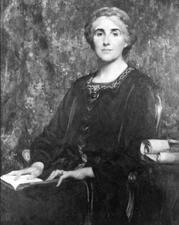
Nina Ruth Davis Salaman
Nina Salaman was a well-regarded Hebraist, known especially for her translations of medieval Hebrew poetry, at a time when Jewish scholarship in Europe was a male preserve. In addition to her translations, she published historical and critical essays, book reviews, and an anthology of Jewish readings for children, as well as poetry of her own.
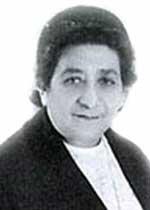
Tova Sanhadray-Goldreich
Tova Sanhadray-Goldreich was a leader of religious Zionist movements in her home in eastern Galicia before making aliyah to Palestine, where she organized a merger of several women’s organizations to form Emunah. She was also the first woman member of the National Religious Party to be elected to the Knesset.
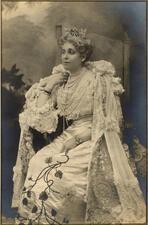
Flora Sassoon
Born in Bombay into the legendary Sassoon dynasty, Flora (Farha) Sassoon lived a colorful life in India and then in England as a businesswoman, philanthropist, famed hostess, and Jewish scholar, taking on many public religious roles that were unusual for an Orthodox woman of her time.
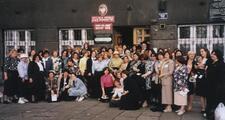
Sarah Schenirer
Sarah Schenirer, a divorced dressmaker who lived in Krakow, Poland, was the founder of Bais Yaakov, a network of schools for Orthodox girls. By the time she died in 1935, the school she founded in 1917 had grown to hundreds of schools in Poland and beyond.
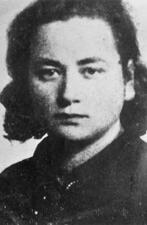
Hela Rufeisen Schüpper
Born to a hasidic family in Krakow, Hela Rufeisen Schüpper joined the Zionist youth movement Akiva against her family’s wishes. When the Germans invaded Poland, Schüpper joined the Jewish resistance against the Nazis, becoming a key courier. She survived Bergen-Belsen and moved to Israel after the war.
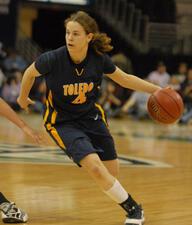
Naama Shafir
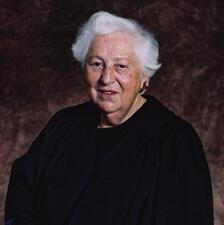
Alice Hildegard Shalvi
Israel Prize Laureate Professor Alice Shalvi was a leading Israeli feminist activist and scholar. Founder of the Israel Women’s Network and the Ben Gurion University English Department and longtime principal of the iconic religious feminist high school Pelech, Professor Shalvi was instrumental in advancing gender issues in Israeli education, society and politics.
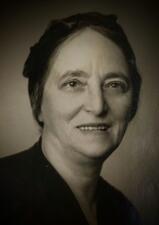
Chana Shpitzer
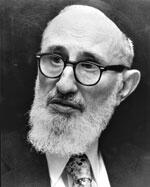
Soloveitchik, Rabbi Joseph Dov
Joseph Dov Soloveitchik shaped Jewish practice and public opinion through the era of second-wave feminism. Despite his sometimes progressive actions, Soloveitchik maintained that women and men had separate religious and familial roles. These positions from the leader of the Modern Orthodox community cemented resistance to Orthodox feminists’ demands to increase their participation in Jewish rituals.
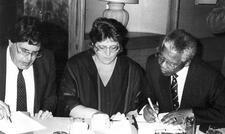
South Africa
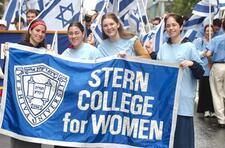
Stern College for Women
Founded in 1954, Stern College for Women of Yeshiva University is the longest-standing college in America for women under Jewish auspices. It has attracted young women from both Orthodox and non-Orthodox Jewish homes interested both in secular university training and high-level Jewish studies.


